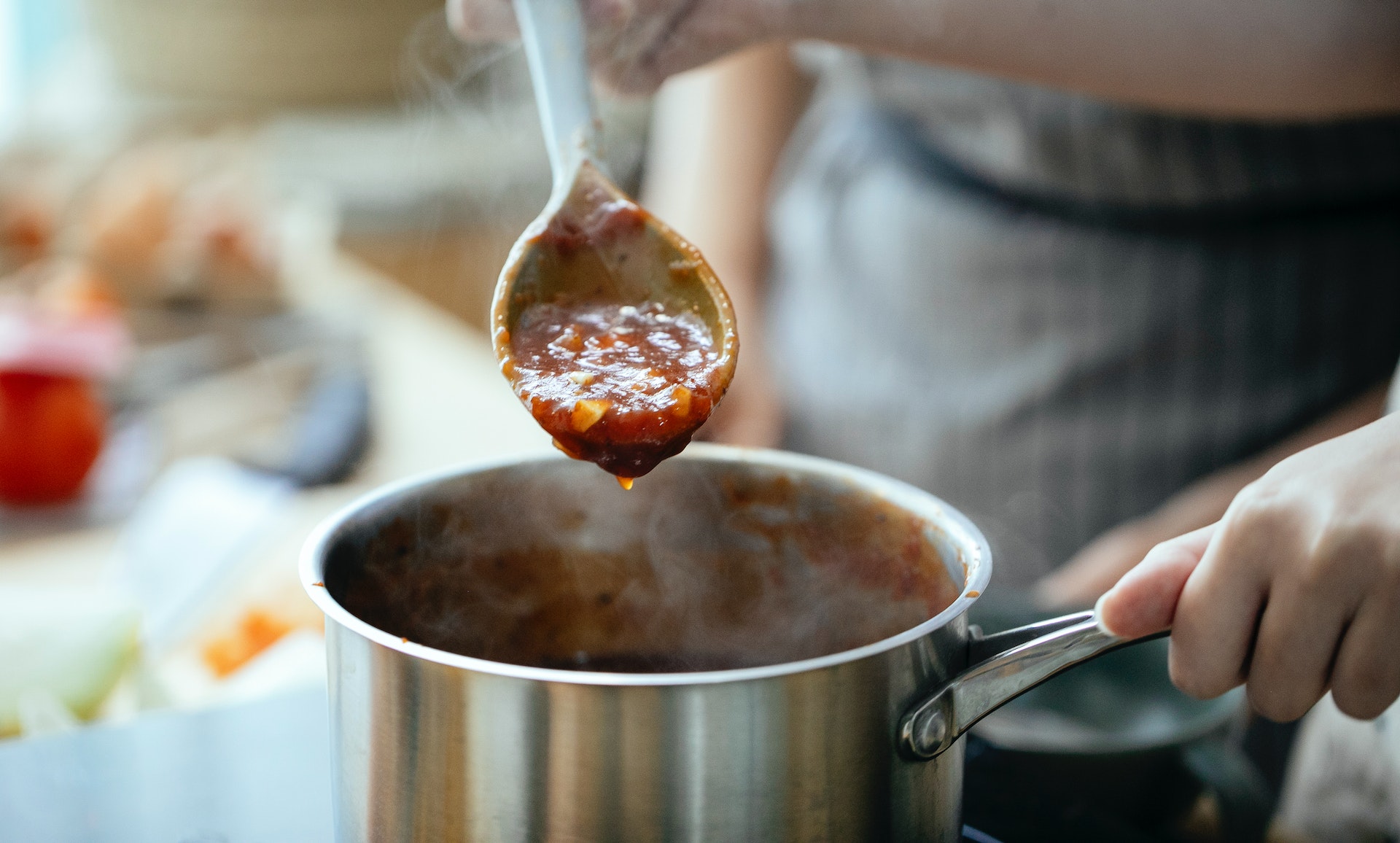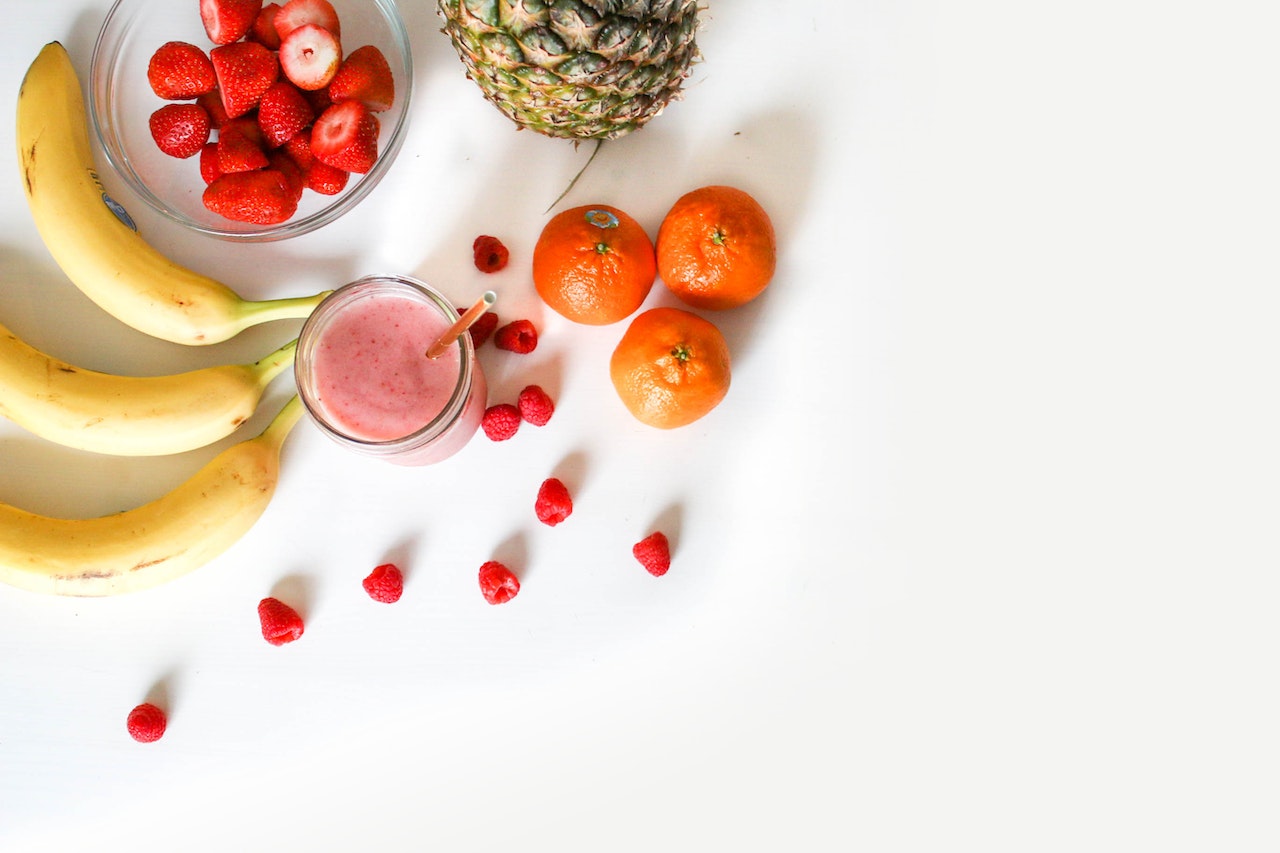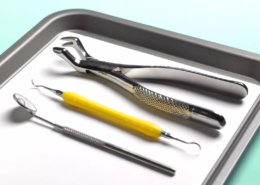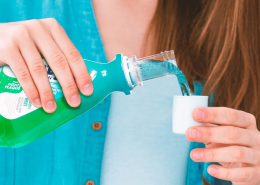 https://www.dentylactive.com/wp-content/uploads/2023/12/gum-disease-scaled.jpg
1707
2560
admin@dentyl
https://www.dentylactive.com/wp-content/uploads/2023/04/dentyl-1.svg
admin@dentyl2023-12-15 10:06:182024-05-23 12:08:17Does Mouthwash Help Gum Disease?
https://www.dentylactive.com/wp-content/uploads/2023/12/gum-disease-scaled.jpg
1707
2560
admin@dentyl
https://www.dentylactive.com/wp-content/uploads/2023/04/dentyl-1.svg
admin@dentyl2023-12-15 10:06:182024-05-23 12:08:17Does Mouthwash Help Gum Disease?Sugar. We all know that consuming too much of it is not a good thing. It can lead to all kinds of health issues from being overweight to heart disease. It is also the main culprit in causing tooth decay.
Tooth decay is caused by the bacteria in the mouth that uses the sugar from foods and drinks to produce acids that dissolve and damage the enamel of the teeth, leading to cavities.
It has recently been reported that the UK’s teeth are now worse than ever1. Dentist and researcher Joseph Smith commented that ‘over the past 300 years sugar consumption in the UK has increased from 1.8kg to 23kg per person, per year’. This huge over-consumption of sugar means that nine out of every 10 tooth extractions for under-fives are caused by tooth decay or put simply: rotting teeth. This makes for shocking reading.
Most of us are aware that sweets, fizzy drinks, biscuits and cakes have a high sugar content and therefore can make the conscious decision to limit these things in our diet.
However, there are many everyday foods that have hidden sugar in them. Here are just a few:
(1) Source: https://www.dailymail.co.uk/news/article-7644553/British-teeth-worst-TIME-says-scientists.html
Bread

A slice of white bread could contain almost half a teaspoon of sugar2. That’s nearly a whole teaspoon for one sandwich – and that’s not including the sugar content of the whatever you choose to fill it with.
(2) Source: https://www.goodtoknow.co.uk/wellbeing/sugar-shockers-hidden-sugar-in-everyday-foods-44004
Tomato Pasta Sauce

A staple in the kitchen cupboard, but a 375g jar could potentially contain as much as four teaspoons of sugar2. This is not something that would spring to mind when whipping up a quick spaghetti Bolognese, so be sure to choose wisely.
(2) Source: https://www.goodtoknow.co.uk/wellbeing/sugar-shockers-hidden-sugar-in-everyday-foods-44004
Yoghurt

Often considered an ideal dessert option for kids, but an analysis by The Grocer magazine revealed that some kids’ branded yogurts contain much more sugar than you’d expect. A 16g fruit yoghurt can contain the equivalent of four sugar cubes!(2) Also, don’t be fooled by the 0% fat varieties. These may be fat free, but they can still contain a huge amount of sugar, so the perception of fat-free being a healthy option may not always be the reality.
(2) Source: https://www.goodtoknow.co.uk/wellbeing/sugar-shockers-hidden-sugar-in-everyday-foods-44004
The Takeaway coffee

The morning caffeine kick can really add up in the sugar stakes. Having a coffee-shop coffee with shot of vanilla uses up nearly the full adult sugar allowance3 – that’s over seven teaspoons of sugar!
Fruit Smoothies

Although on first appearance, a fruit smoothie seems like a classic healthy option, a 250ml bottle can contain a whopping six teaspoons of sugar2.
(2) Source: https://www.goodtoknow.co.uk/wellbeing/sugar-shockers-hidden-sugar-in-everyday-foods-44004
Getting into healthy habits
A good habit to get into is to have a quick read of the nutrition labels, either by looking on the actual product or, if shopping online, at the nutritional information listed on the product page. Have a quick check of the sugar content before you decide to pop an item in your basket.
To give you an indication, more than 22.5g of total sugars per 100g is considered a high content, and 5g of total sugars or less per 100g is a low content4.
By hunting for and identifying the foods with hidden sugars, you’ll be that much more informed as to what foods you should be buying. And as a result, you’ll likely to reduce your overall sugar consumption, which in turn will have a positive impact on your teeth, as well as your general health.
And finally, in conjunction with the sugar hunt, check you and your family have a good oral care regime in place. In addition to your regular brushing routine, a quick 30 second swish with Dentyl Mouthwash will remove any plaque, bacteria and food debris that brushing has left behind. This will help protect you from the tooth decay that can lead to cavities.
(4) Source: https://www.nhs.uk/live-well/eat-well/how-to-read-food-labels/











